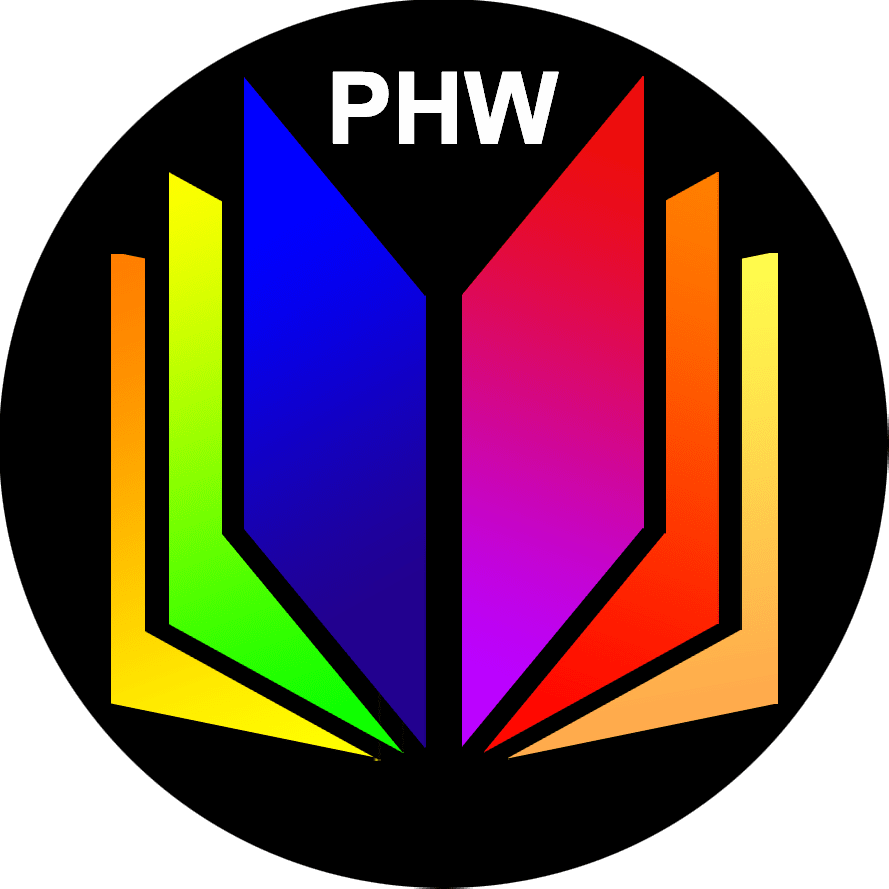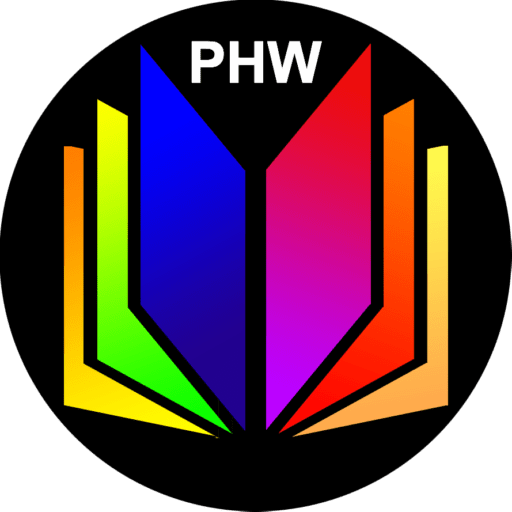For authors, understanding the intricacies of publishing rights is crucial not only to protect their intellectual property but also to maximize the potential earnings and reach of their work. Publishing rights can be complex, encompassing everything from foreign rights to adaptation rights, each offering unique opportunities and challenges. This comprehensive guide will delve into the different types of publishing rights including foreign rights, audio rights, eBook rights, and film or television adaptation rights, providing authors with the knowledge they need to navigate this complex landscape.
1. Foreign Rights
Understanding Foreign Rights
Foreign rights refer to the rights to publish a book in territories outside of the author’s home country. This can include translating the book into different languages and distributing it in those foreign markets.
The Importance of Foreign Rights
Expanding into international markets can significantly increase an author’s visibility and royalties. Each new language or territory represents a new audience and potential revenue stream, which can contribute to an author’s global recognition.
How to Manage and Sell Foreign Rights
Foreign rights are typically managed and sold by specialized agents or publishers through international book fairs and direct negotiations with foreign publishers. Authors should seek agents with strong international connections or publishers known for their global distribution capabilities.
2. Audio Rights
What Are Audio Rights?
Audio rights pertain to the creation and distribution of an audio version of your book. This format has grown in popularity with the rise of digital audio platforms.
Why Audio Rights Matter
The audiobook market has seen rapid growth, appealing to audiences who prefer listening to reading. Managing these rights effectively can open up a significant revenue channel for authors.
Strategies for Audio Rights
Authors can either sell their audio rights to a publisher or retain them to produce audiobooks independently. Independent production allows for greater control over the end product, though it requires more upfront investment in production and marketing.
3. eBook Rights
Defining eBook Rights
eBook rights allow for the digital publication and sale of your book. These rights are critical in the modern publishing landscape, where digital books represent a substantial market share.
The Advantages of eBooks
eBooks offer authors a way to reach a global audience instantly, without the logistical challenges of physical book distribution. They also allow for dynamic pricing and promotional strategies, which can significantly boost sales.
Managing eBook Rights
While many authors choose to sell these rights to their publishers, retaining eBook rights can be advantageous, especially for self-publishing on platforms like Amazon Kindle, where authors can directly control sales and receive higher royalties.
4. Film or Television Adaptation Rights
Exploring Adaptation Rights
These rights are among the most lucrative, allowing books to be transformed into films, TV shows, or streaming series. The adaptation process can significantly amplify a book’s profile and sales.
The Significance of Adaptation Rights
Securing a film or TV deal can catapult a book into the cultural mainstream, dramatically increasing interest and demand for the original work.
How to Market Adaptation Rights
These rights are typically managed by literary agents who specialize in film and TV deals. These agents help pitch the book to producers and negotiate favorable terms for adaptations, ensuring the author’s vision is respected and well-compensated.
Conclusion: Maximizing the Impact of Your Publishing Rights
Understanding and strategically leveraging publishing rights are essential for any author aiming to maximize their work’s reach and profitability. Whether it’s through selling foreign rights, managing audio productions, retaining eBook rights, or negotiating adaptation rights, authors have many opportunities to expand their influence and income. It is advisable for authors to work with experienced literary agents, rights managers, and legal advisors to navigate this complex field effectively. By taking a proactive approach to publishing rights, authors can ensure they not only protect their intellectual property but also enhance their careers in the increasingly global and digital marketplace of books.
_______________________________________________
Stay Ahead of the Curve with The Publisher’s Diary Newsletter!
Don’t let the conversation stop here. Subscribe to The Publisher’s Diary Newsletter and receive more insightful articles, exclusive tips, and the latest trends in publishing directly to your inbox. Join a community of like-minded professionals who are shaping the future of publishing today.
Subscribe Now and transform your passion for publishing into actionable success!
Connect with Our Community on Facebook!
Take your engagement to the next level by joining our Facebook page, The Ridge Publishing Group, and our exclusive closed group, Publisher and Her World Forum. Dive deeper into the world of publishing with a community of enthusiasts who share your passion. Get access to special content, live discussions, and the opportunity to network with industry experts and fellow publishers.
Like our Page and Join our Group to start connecting with the best in the business today!
Stay Connected with Us on Social Media!
For the latest updates, insights, and behind-the-scenes content, follow us on our social media platforms. Connect with us at @RidgePublishing for broad publishing news and insights, and @PubHerWorld for focused discussions and community engagement tailored for publishers like you.
Follow @RidgePublishing and Follow @PubHerWorld to be part of our vibrant online community and stay ahead in the world of publishing!
_________________________________________
Related Entries:
Mastering the Craft of Writing | An Author Guide
Related Topics:
Visit The Ridge Publishing Group at www.RidgePublishingGroup.com for additional content.

